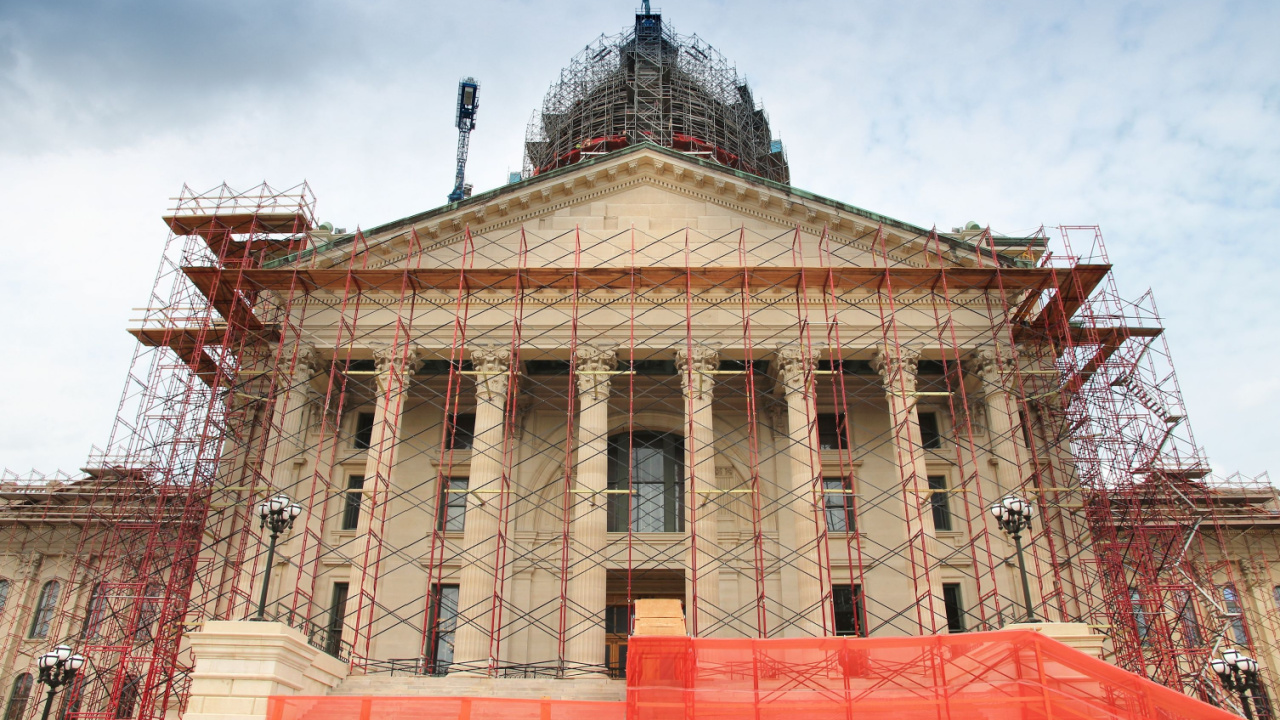
Is Your Construction Business Feeling the Effects of the Final DBA Rule?
The Biden administration’s final rule “Updating the Davis-Bacon and Related Acts Regulations” took effect on Oct. 23, 2023. In “the first comprehensive regulatory review in nearly 40 years,” the Department of Labor has returned to the definition of “prevailing wage” it used from 1935 to 1983—before Microsoft released the first Windows operating system.
Construction industry leaders must be aware that this is the most comprehensive review and overhaul of the act in 40 years; with it, the DOL has attempted to modernize its approach to wage creation and fringe benefit allocation. There are more than 50 procedural changes to the act, which means it is very important for contractors to be aware of wage classifications when bidding, performing work on Davis-Bacon Act projects and using applicable fringe dollars for bona fide benefits.
UNDERSTANDING THE CHANGES
Some of the critical adjustments included in the final rule that contractors should be aware of include:
Wage determination changes during a project: Historically, contractors could rely on the wage determinations used to win a project for the life of the project. However, the final rule now requires the contractor to use current wage determinations when a contract is changed or extended. The DOL “proposed this change because—like a new contract—the exercise of an option requires the incorporation of the most current wage determination.”
New recordkeeping requirements: All contracts, payrolls and other “basic records,” including the craft worker's last known phone number, email address—new data points that are to be obtained if not already available—job classifications of work done and the hours worked in each classification must be kept for at least three years after the prime contract is complete.
Apprenticeship locality: The final rule explains that contractors and subcontractors must comply with the apprentice wage and ratio standards of the locality where the work is performed irrespective of the wages and standards of the facility training the individual.
Contracting agency omission of Davis-Bacon and Related Acts requirements: Suppose a project owner fails to include DBA requirements (e.g., prevailing wage determinations) in its bid request. In that case, the agency can now retroactively to the date of the award or start of construction, whichever comes first, use an "operation-of-law provision" to require contractors to follow all DBA rules and pay prevailing wages. While the contracting agency is supposed to pay additional contractor costs for this oversight, it can be challenging for merit shop contractors to determine and receive compensation for those additional costs and ensure subcontractors and affected employees are made whole.
How fringe benefits are annualized: Annualization is the DOL-developed process to determine a per-hour cost of a contractor’s contributions toward a bona fide fringe benefits plan, which may be credited against the workers’ fringe benefit requirements.
Annualization is particularly important for merit shop contractors whose craft workers are subject to prevailing wage mandates on federally funded projects but also do “private” work where there are no fringe rates.
Contributions to “Defined Contribution Pension Plans,” such as a 401(k), are exempted from the annualization requirement if the plan meets specific mandates, such as immediate vesting and irrevocable contributions.
Also to note, on Nov. 7, 2023, ABC filed a lawsuit in the U.S. District Court for the Eastern District of Texas challenging the DOL’s inflationary and controversial final rule, citing the rule returns to “failed policies of the 1970s and unlawfully expands coverage of prevailing wage requirements.”
OPPORTUNITY FOR GOVERNMENT CONTRACTORS
While these changes present additional complexities—ABC states these adjustments will only “make compliance challenges worse” and drive “small contractors out of public works projects or even business”—contractors are simultaneously presented with a dramatic increase in government-funded construction projects. The Infrastructure Investment and Jobs Act will spend $1.2 trillion over eight years, focusing on physical infrastructure (notably roads, bridges, railways, water, sewage, broadband and electric vehicles), and these funds are just becoming “shovel ready.” Additionally, the Inflation Reduction Act’s expansion of energy-efficiency tax incentives—such as the §179D energy-efficient commercial buildings deduction—will invest another roughly $369 billion subject to prevailing wage requirements.
The IRA and several state laws, such as California’s SB 54 and SB 740, contain policy enacting “skilled and trained workforce requirements” that are likely to push developers into hiring unionized contractors and union labor on a more frequent basis. For the first time, prevailing wage compensation and government-registered apprentice participation requirements are mandated on private (non-governmental) project owners.
The government’s spending presents a wealth of opportunity for merit shop contractors but will require more work than ever to ensure compliance. If you have questions about the Final Rule changes and how it might impact your company, reach out to your prevailing wage benefit partner for clarification.
Related stories








